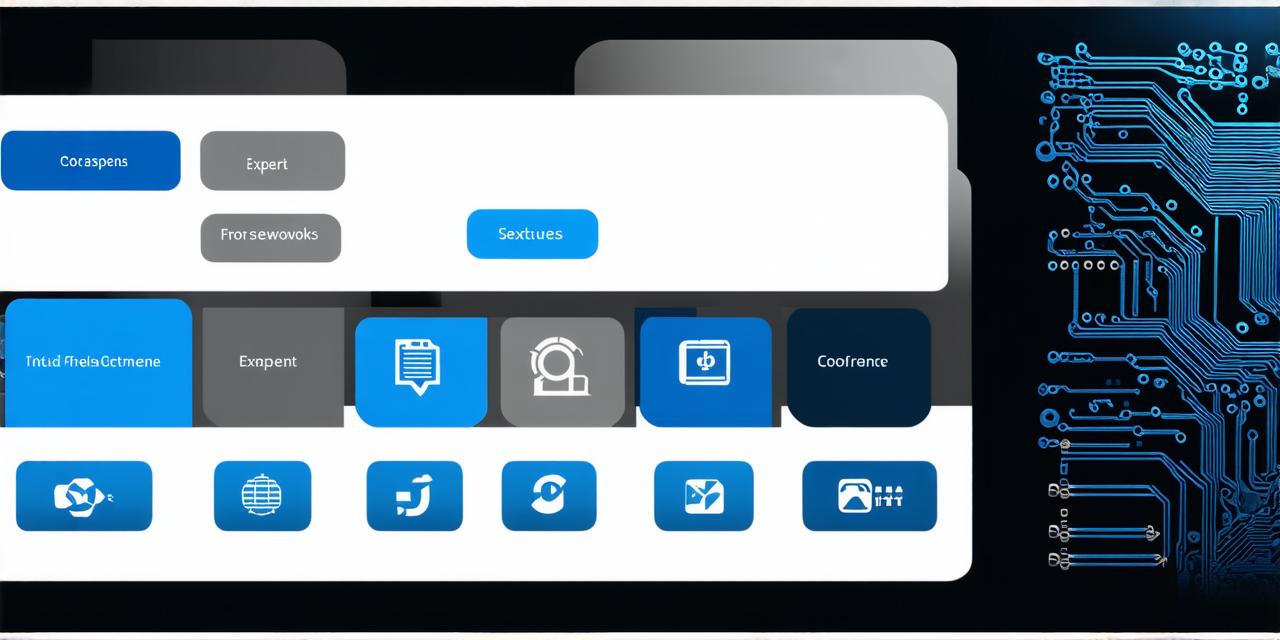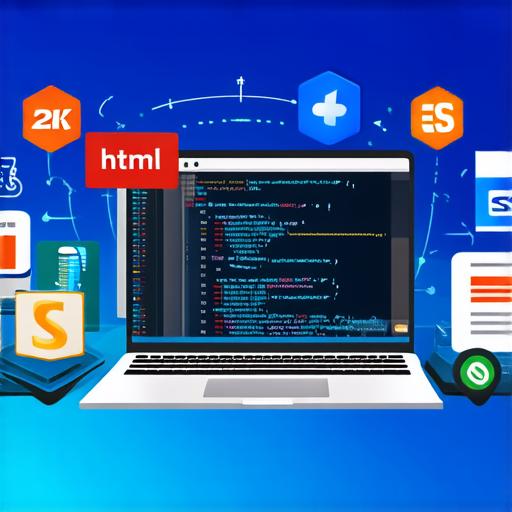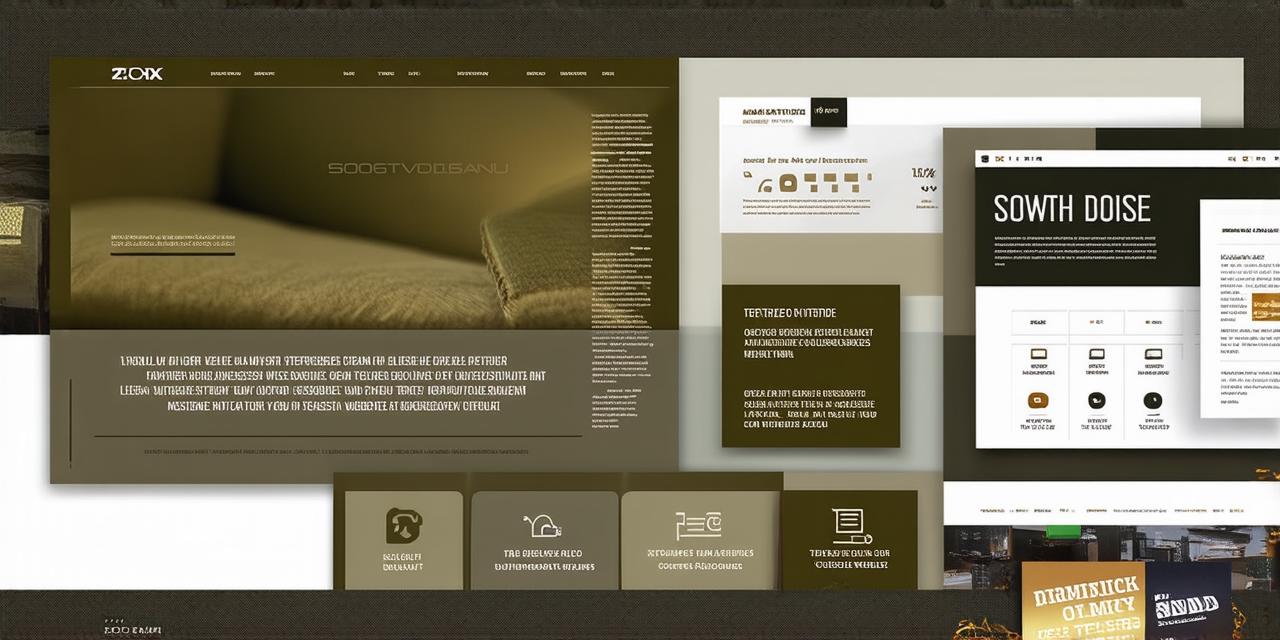
Best web development framework: a comparison.

AngularJS: The Pioneer
AngularJS, Google’s brainchild, has been a staple in the web development community since 2010. Its two-way data binding and dependency injection system have made it a favorite for large-scale applications. As stated by John Papa, AngularJS trainer and author, “AngularJS is perfect for building complex, enterprise-level applications.”
ReactJS: The Game Changer
Facebook’s ReactJS, introduced in 2013, revolutionized the way we build user interfaces. Its virtual DOM and component-based architecture make it efficient and flexible. According to Pete Hunt, one of React’s creators, “React is all about speed, simplicity, and scalability.”
VueJS: The Rising Star
VueJS, a progressive framework introduced in 2014, offers the best of both worlds – the simplicity of AngularJS and the efficiency of ReactJS. Its easy learning curve and adaptability have made it a favorite among beginners and professionals alike. As Evan You, VueJS creator, puts it, “Vue is designed to be incrementally adoptable.”
Comparing the Giants
While each framework has its strengths, choosing one depends on your project’s specific needs. For large-scale applications, AngularJS’ robustness and extensive library make it a solid choice. If you’re looking for efficiency and scalability, ReactJS is the way to go. For projects requiring a quick learning curve and adaptability, VueJS is the ideal pick.
The Future of Web Development
As we look ahead, these frameworks continue to evolve, promising even more exciting possibilities. Whether you’re a seasoned developer or just starting out, understanding these frameworks can open doors to endless opportunities in web development.

















